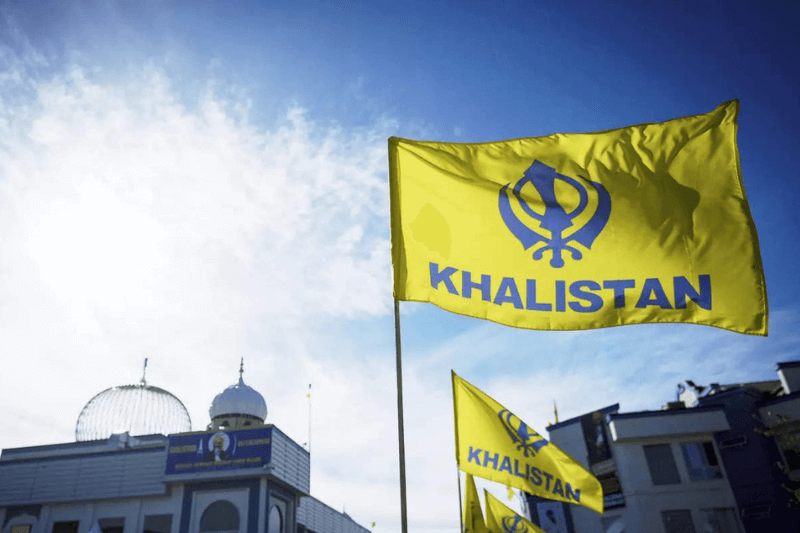
Khalistan Movement Continues Sparking Feud between India and Canada
Diplomatic ties between India and Canada continue to worsen as Justin Trudeau recently accused India of assassinating Hardeep Singh Nijjar outside a Sikh temple earlier this year.
“India – and the Government of India – needs to take this matter with the utmost seriousness,” the Canadian Prime Minister said Tuesday.
Ottawa has expelled a senior member of India’s foreign intelligence agency, with New Delhi also expelling one of Canada’s top diplomats in retaliation.
India strongly rejects the allegations. In its most simplistic form, the Khalistan movement is a demand for a distinct homeland for the Sikhs.
Enlisting Various Issues Contributing To Sikh’s Sense Of Injustice
While its history remains complex, the movement was most active in the 1980s as a result of widespread dissatisfaction with the conditions for Sikhs in post-independence India.
The partition of the Indian state of Punjab between Pakistan and India in 1947 created a sense of fear and dissatisfaction in the Sikh community.
Problems grew stronger when Punjab was divided again in 1966, this time on linguistic lines, as a new Hindi-speaking state of Haryana was carved out of the region.
A couple more issues contributing to the Sikh’s sense of injustice was India’s Green Revolution to improve agricultural production and the diversion of water from the Sutlej River.
Keep Reading
Khalistan Movement And Its Transnational Character
In the late 1970s, Sikh preacher Jarnail Singh Bhindranwale gave all this resentment a voice. He claimed the government was discriminating against Sikhs.
Bhindranwale swiftly became a prominent political leader in Punjab, ultimately taking up residence in the Golden Temple complex in Amritsar.
In order to dispel him and the militants from the holy site, the Indian Army launched Operation Bluestar in 1984, further enraging the Sikh population worldwide.
The anger only worsened when scores of Sikhs were killed by rampaging mobs after the assassination of then-Prime Minister Indira Gandhi by her Sikh bodyguards in 1984.
The Khalistan movement has found backing from the large and scattered Sikh diaspora, predominantly in Canada, Australia and the United Kingdom.




